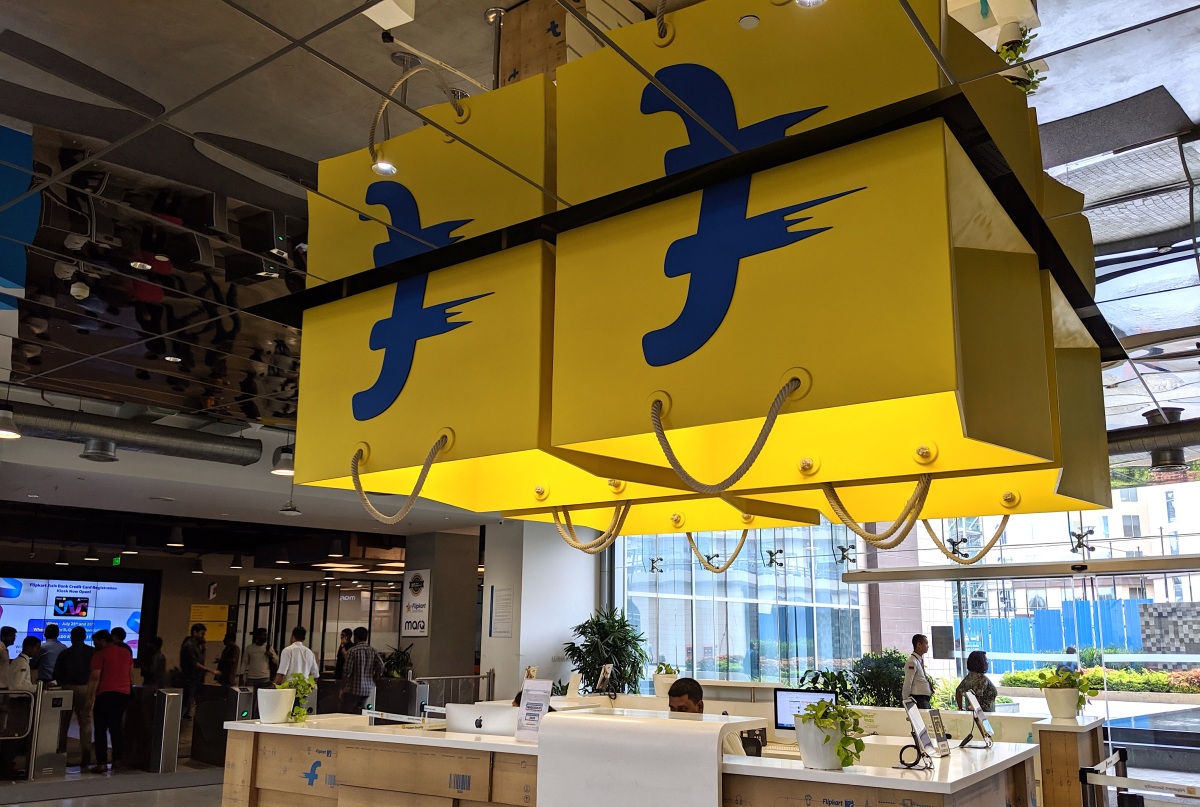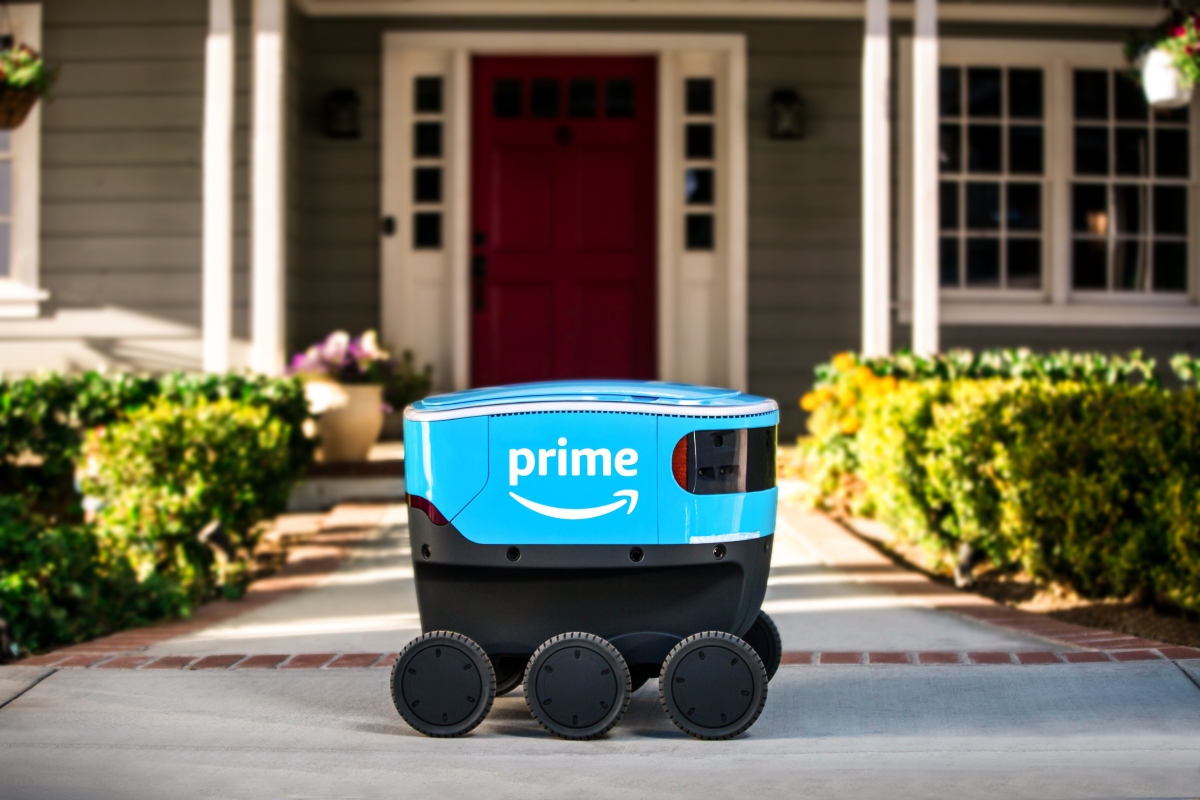Indian e-commerce giant Flipkart launches metaverse shopping experience • ZebethMedia
Flipkart has launched a metaverse offering for consumers to discover and shop new products, the latest bet from the Indian e-commerce giant as it experiments with web3 offerings to supercharge its customer experience. The Walmart-backed Bengaluru-headquartered firm has partnered with eDAO, a Polygon-incubated firm, to launch the metaverse offering, which it is calling Flipverse. The offering is in the pilot stage and aimed to garner interest during the festive season this month. On Flipverse, which goes live on Flipkart’s Android app Monday, the company is offering “gamified, interactive and immersive” experiences for consumers where they will be able to collect the company’s loyalty points — Supercoins — as well as digital collectibles from partner brands. At a briefing Monday, Flipkart said “a wide range of brands” including Puma, Noise, Nivea, Lavie, Tokyo Talkies, Campus, VIP, Ajmal Perfumes and Himalaya are partnering to set up experience theaters on Flipverse. “The idea is to have millions of users experience Flipverse and open the doors to the future of shopping,” the company said. The company’s executives acknowledged that its web3 offerings are at an experimental stage, but they said they are confident that it has legs to eventually become a critical part of Flipkart’s future. Flipkart and its chief rival in India, Amazon, are increasingly broadening their offerings to reach new customers in the South Asian market and retain loyal base. Amazon launched a QVC-style livestream shopping in India late last month, bringing an army of more than 150 creators to host livestreams and plug products in the videos. “While we have only just begun to scratch the surface of what’s possible in the metaverse, we see e-commerce as one of the killer use cases. Combining top brands with Flipkart’s e-commerce expertise in a virtual environment stands to revolutionize online retail as we know it. Flipverse will be a vibrant, visible expression of the metaverse, and I’m proud that this activation is taking place on Polygon,” said Sandeep Nailwal, co-founder of Polygon, in a statement. The broader partnership with Flipkart is Polygon’s latest win to attract large brands. The Ethereum scaling platform has partnered with a number of firms including Stripe, Meta and Starbucks in recent months. Flipverse isn’t Flipkart’s first foray into web3. The company partnered with Carl Pei’s Nothing earlier this year to give exclusive NFTs to those purchasing the smartphone from the platform. “The future growth of e-commerce will be influenced by the immersive technologies of today, and Metaverse is one of the significant revolutions in this arena with immense potential,” said Naren Ravula, VP and Head of Product Strategy and Deployment at Flipkart Labs, said in a statement. “The launch of Flipverse will continue to have an impact on innovative industries like e-commerce and enhance the customer experience while delivering a gamified and an immersive shopping experience, especially in light of the adoption of the metaverse and web3 platforms by multiple brands in India. By providing customers with access to their preferred brands, offers, SuperCoins, and digital collectibles, we are aiming to improve their shopping experiences in a virtual and immersive setting.” (More to follow)


